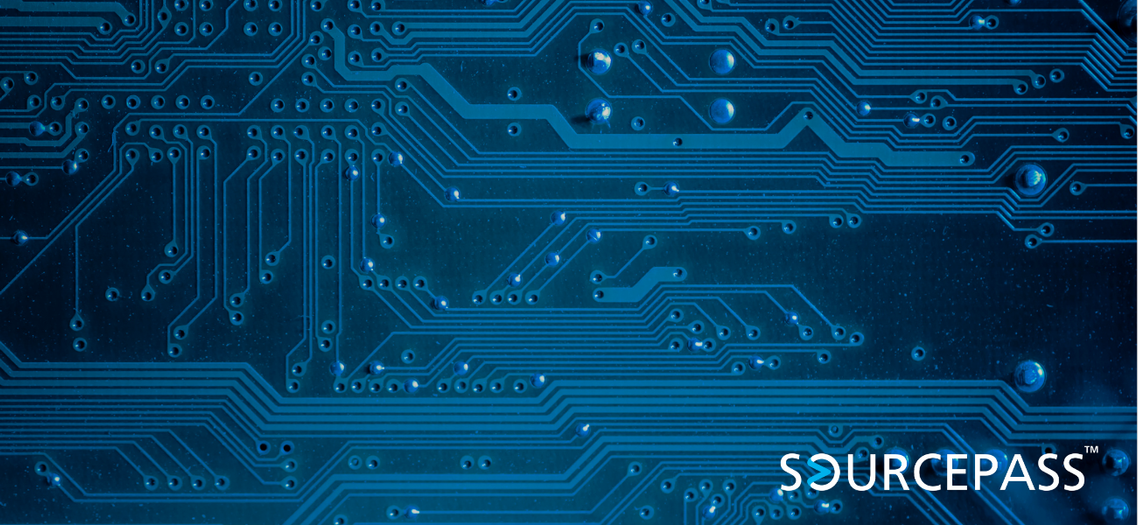Understanding Robotic Process Automation (RPA)
Aug 07, 2024 Alex Davis Digital Transformation | IT Services & Support 2 min read



In today’s fast-paced digital world, businesses are constantly seeking ways to improve efficiency and reduce costs. One technology that has gained significant traction in recent years is Robotic Process Automation (RPA). In this blog article, we explore what RPA is and why it’s so important.
What is Robotic Process Automation (RPA)?
Robotic Process Automation (RPA) refers to the use of software robots or “bots” to automate repetitive, rule-based tasks that are typically performed by humans.
These tasks can range from data entry and invoice processing to customer service and HR management. By mimicking human actions, RPA bots can interact with various applications, systems, and databases to perform tasks quickly and accurately.
Key Highlights of RPA
- Increased Efficiency: RPA bots can work 24/7 without breaks, leading to significant improvements in productivity. They can handle large volumes of work in a fraction of the time it would take a human, freeing up employees to focus on more strategic tasks.
- Cost Savings: By automating routine tasks, businesses can reduce operational costs. RPA eliminates the need for manual intervention, which can lead to fewer errors and lower labor costs.
- Improved Accuracy: Human errors are inevitable, especially when dealing with repetitive tasks. RPA bots, however, follow predefined rules and processes, ensuring high levels of accuracy and consistency.
- Scalability: RPA solutions can be easily scaled up or down based on business needs. Whether it’s handling increased workloads during peak times or scaling back during slower periods, RPA provides the flexibility to adapt to changing demands.
- Enhanced Compliance: RPA bots can be programmed to follow regulatory guidelines and compliance standards, reducing the risk of non-compliance. They can also generate detailed logs and audit trails, making it easier to track and verify processes.
- Integration with Existing Systems: One of the significant advantages of RPA is its ability to integrate with existing IT infrastructure without the need for extensive changes. This means businesses can leverage their current systems while still benefiting from automation.
Quest Platform and RPA
Because RPA is such a powerful tool that can drive efficiency, reduce costs, and improve accuracy in business processes, Sourcepass has embraced the technology and is integrating it with its client experience platform, Quest.
The integration with Quest allows us to utilize Smart Requests, which are forms tied directly into our automation platform. When these Smart Requests are filled out, they execute without the need for a technician, ensuring that response times are incredibly fast. This automation also improves the accuracy of requests, particularly for tasks such as new user creation or permissions requests.
By leveraging RPA, we streamline these processes, allowing our team to focus on more strategic tasks while ensuring our clients receive prompt and precise service.
With a strategic focus on automation to improve operations and customer experiences, some RPA that has been built into Quest includes:
- Employee Onboarding Automation: This can be integrated with client HRIS platforms to streamline the onboarding process.
- Security Alert Management: Handling security alerts efficiently.
- Pre-packaged Automations: Such as password resets and account lockouts to facilitate common IT support tasks.
In our experience, RPA has saving implications of nearly 8,000 hours on 1.7M repetitive tasks in 30 days.
Future RPA Roadmap
Additionally, there are upcoming features on the roadmap for Quest, such as:
- Procurement Automation: To be added to the Employee Onboarding Automation, which will leverage Intune and Windows Autopilot to automate the configuration of endpoints, deployment of applications, and update inventory information.
- Automating Service Ticket Closures: Based on false positives to improve service management.
- Leveraging Power Automate: Within the Microsoft environment for tasks such as Human Resources onboarding to further improve operational efficiency for clients.
These functionalities are part of Quest’s strategic focus on automation to improve operations and client experiences.
Experience the future of IT management today and see how Quest can transform your business operations. If you’re not already a part of the Sourcepass ecosystem, find out more about Quest today.
Subscribe To
Sourcepass Insights
Sourcepass Insights
Stay in the loop and never miss out on the latest updates by subscribing to our newsletter today!


